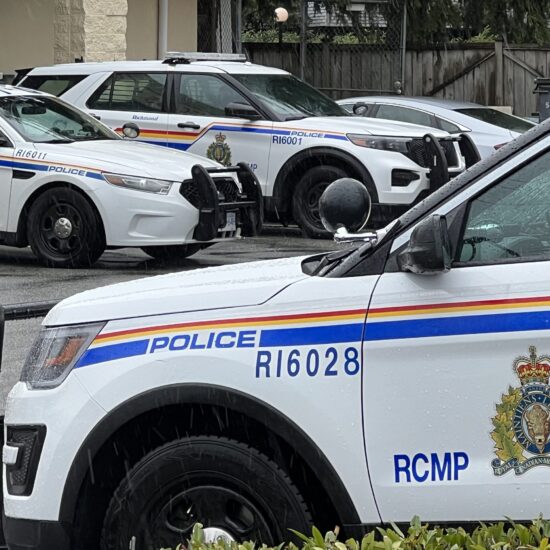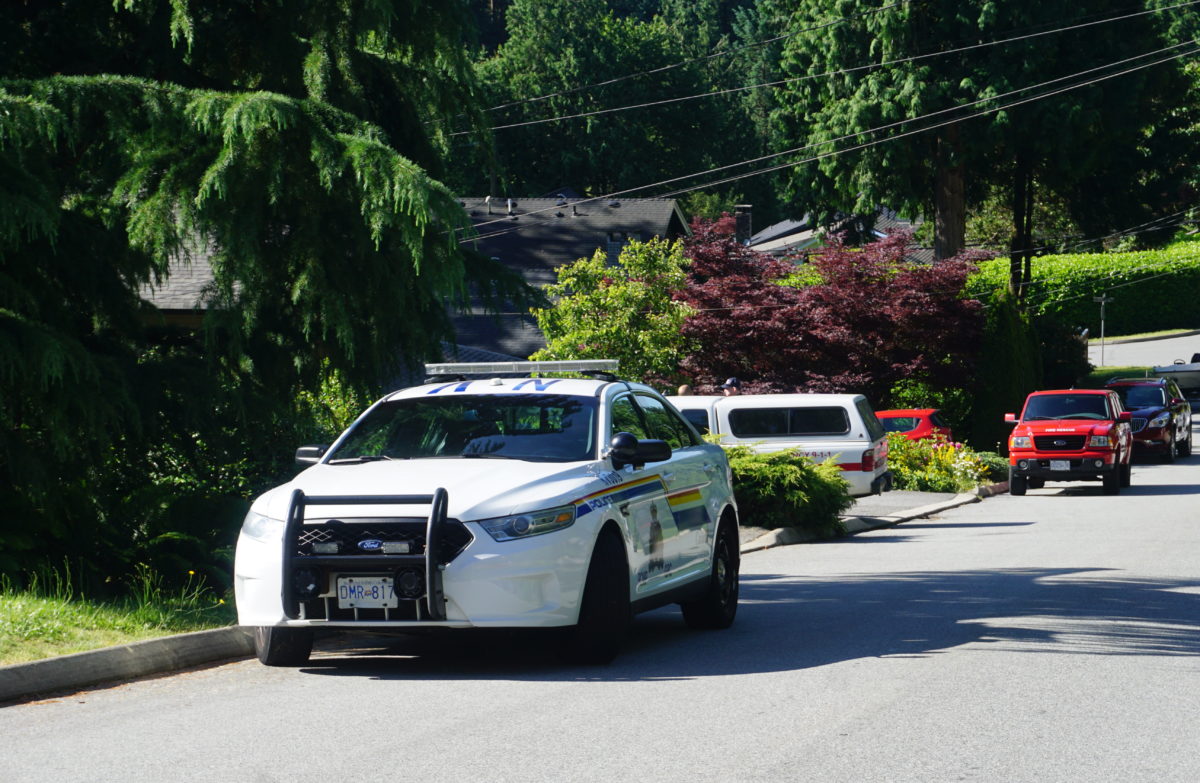
Bob Mackin
On the day a damning report was published about contracted residential facilities for minors in government care, the NDP Minister of Children and Family Development refused to answer questions about a fire at North Vancouver facility earlier this week.
Auditor General Carol Bellringer’s June 19 report found the ministry has no strategy for the use of contracted residential services. It also struggles to find suitable housing for the most-vulnerable children and youth suffering addiction, mental illness and risk of self-harm and suicide.
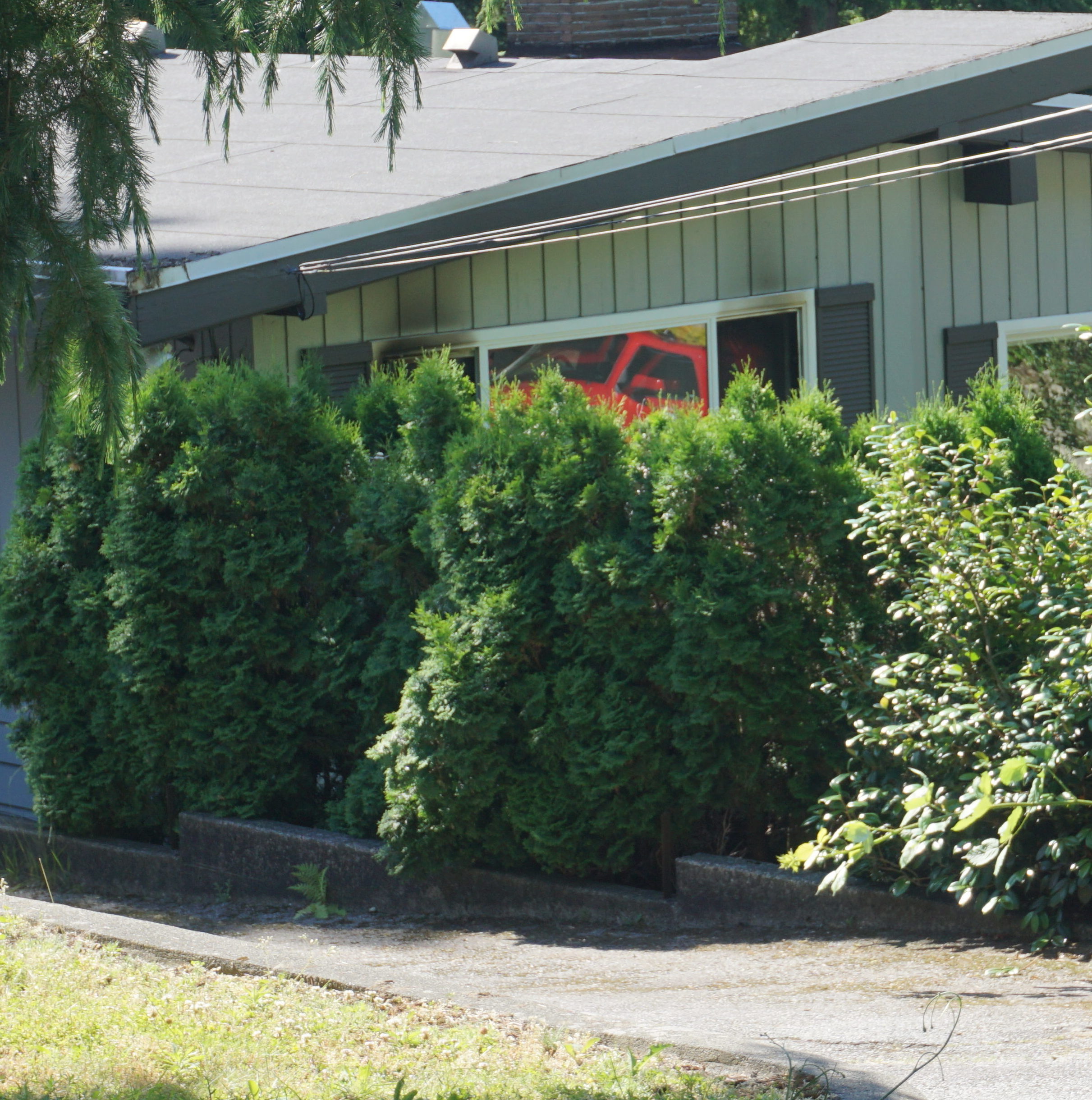
Smoke damage at the scene of a suspicious June 17 fire in North Vancouver (Mackin)
“The ministry hadn’t defined what contracted residential services should look like or when these services should be used. Instead, the services had evolved on an ad hoc basis to respond to individual and emergency situations,” Bellringer wrote. “The ministry also hadn’t created a plan for the right amount and type of services required to meet the needs of children and youth in contracted residential services.”
theBreaker.news has learned that a youth in care suffered smoke inhalation at a ministry-contracted house early on June 17. During a teleconference with reporters, Conroy was asked whether she had been briefed about the incident. She refused to say.
“I can’t speak to specifics of cases,” Conroy said.
“We always strive to place youth in care that’s appropriate for their needs.”
Deputy North Vancouver District Fire Chief Wayne Kennedy told theBreaker.news that the fire on Sykes Road is being treated as suspicious. Kennedy said that the fire was reported from a caregiver onsite who heard the smoke detector.
“There was one occupant that was located within the structure and was taken to hospital and treated for smoke inhalation,” Kennedy said. “The damage was confined to a single bedroom although there was significant smoke throughout the house.”
RCMP Sgt. Peter DeVries said the incident involved a female youth with mental health issues and that it was being investigated as a mental health incident, rather than arson. DeVries said there was no evidence of breach of child protection laws, but could not comment on staffing.
An area resident, who did not want to be identified in this story, said police have been called several times over the last year out of concern for the welfare of the youth in care, after escapes and wailing for prolonged periods heard throughout the neighbourhood.
A prepared statement from the ministry that was sent to theBreaker.news said caregivers are required to take immediate and appropriate action to protect children when incidents occur that could threaten their safety and wellbeing. The so-called Reportable Circumstance report goes to the Representative of Children and Youth and Provincial Director of Child Welfare.
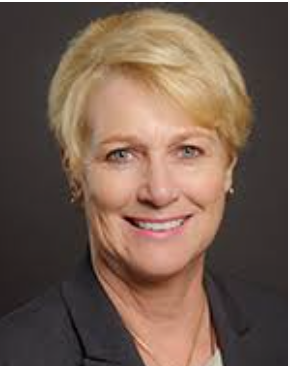
NDP Minister Katrine Conroy BC Leg)
“We cannot speak to case specifics and we cannot publicly share information on where children and youth in care reside,” said the ministry statement.
theBreaker.news has confirmed that an incident report was received by the Representative for Children and Youth.
“We are aware of this incident and it will be going through our RCY review process,” said Jeff Rud, spokesman for the child protection watchdog’s office. “However, it’s too early to determine whether this is an incident we would investigate.”
Bellringer’s report said the ministry has contracts with approximately 100 for-profit and not-for-profit service providers to deliver housing, food and other goods and services for some of the most vulnerable children and youth in care. Bottom line, Bellringer wrote, there is a higher risk that children and youth were not receiving the quality or type of services they needed.
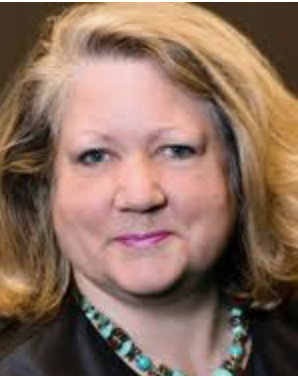
Auditor General Carol Bellringer
As of March 31, 2018, there were 6,698 children and youth in B.C. government care, of whom 1,148 spent time in contracted residential services. In the fiscal year ended March 31, 2018, the ministry spent $151.5 million on contracted residential services for 17.8% of the bed days purchased. The largest service provider, a for-profit organization, had as many as 70 beds in 60 homes across the province at one time. The average age in 2018 of children and youths in contracted residential care was almost 15, with 58% being male, 53% non-indigenous and 42% with special needs. The average length of stay was 327 days.
In a statement after Bellringer’s report, Conroy said the NDP government accepted all the recommendations. She said the NDP government put a moratorium on creation of new contracted residential agencies in June 2018. None may proceed without senior ministry approval.
After her direction last summer, staff met every child or youth placed in a contracted agency’s care. In the past 12 months, the ministry has completed background and criminal record checks on more than 5,800 existing caregivers and new applicants.
“The ministry has begun audits of contracted residential agencies that examine their finances and compliance with policy for screening caregivers,” said Conroy’s statement. “And, in December 2018, we hired a private firm to undertake a review of all of the ministry’s contracting and payment processes, including those for contracted residential services.
“Where we previously lacked accurate and complete data on residential resources, since 2017 we have compiled an inventory that includes each and every agency and service provider. And we have done an initial assessment of all of those.”
Support theBreaker.news for as low as $2 a month on Patreon. Find out how. Click here.










